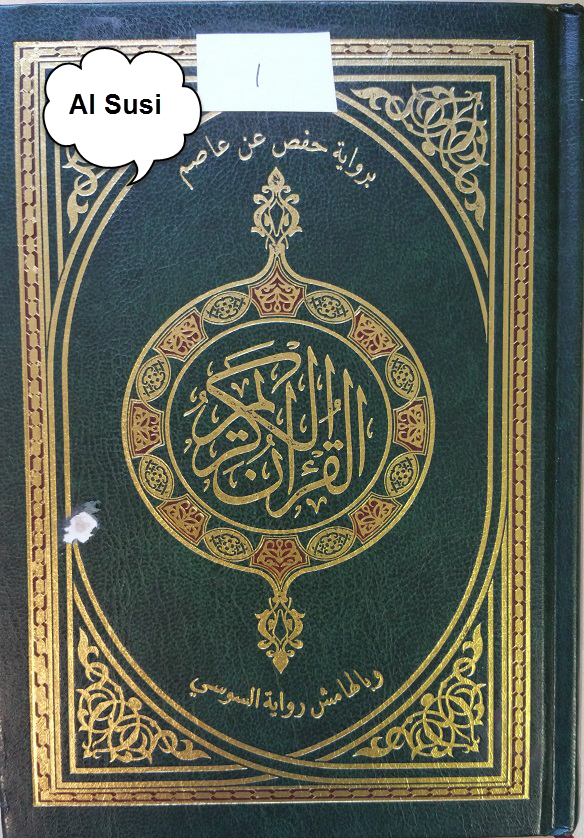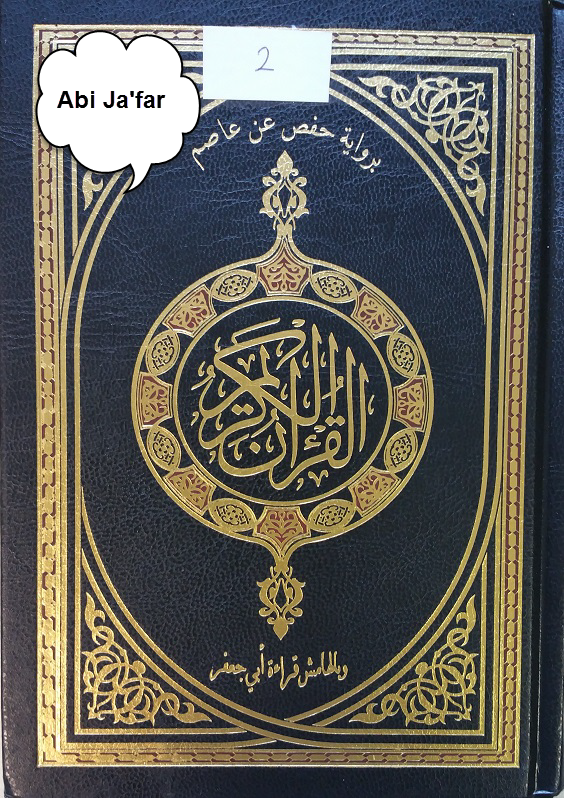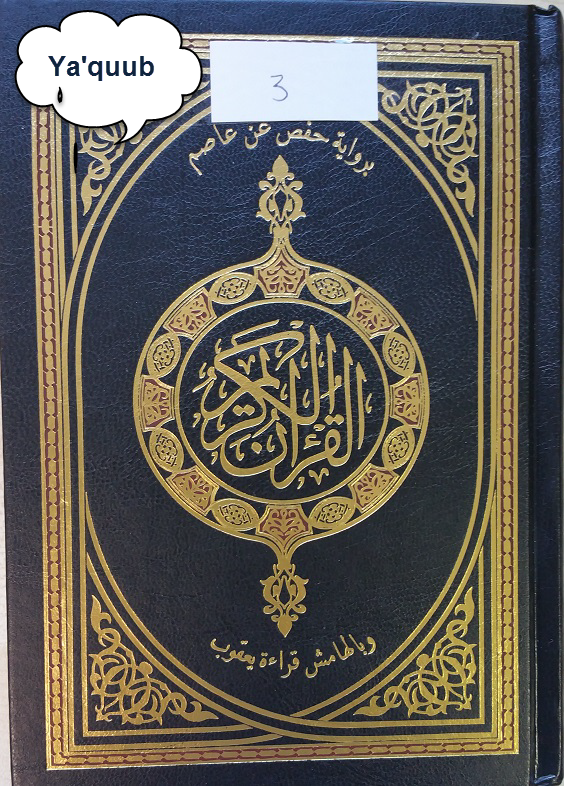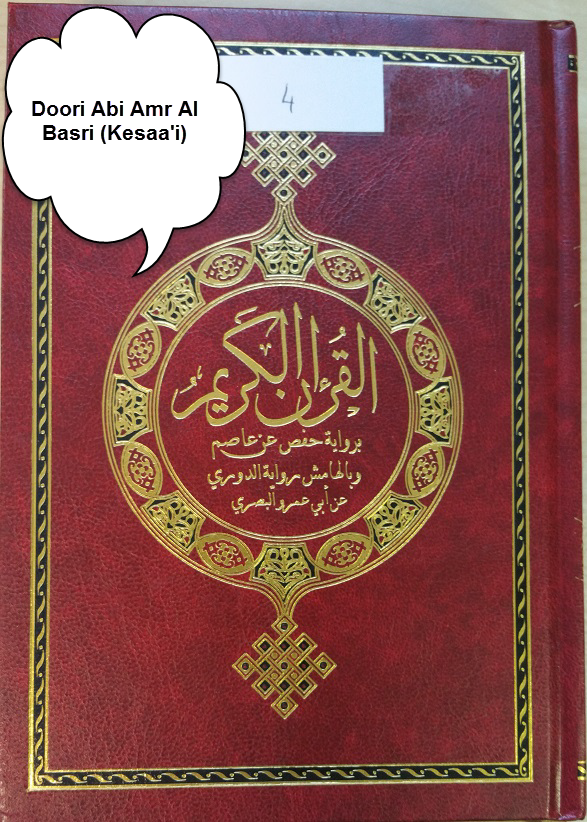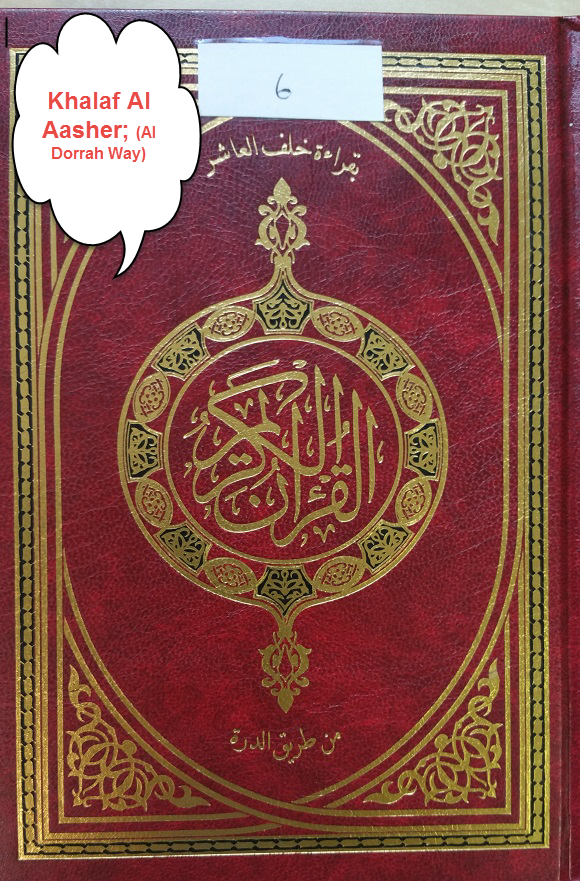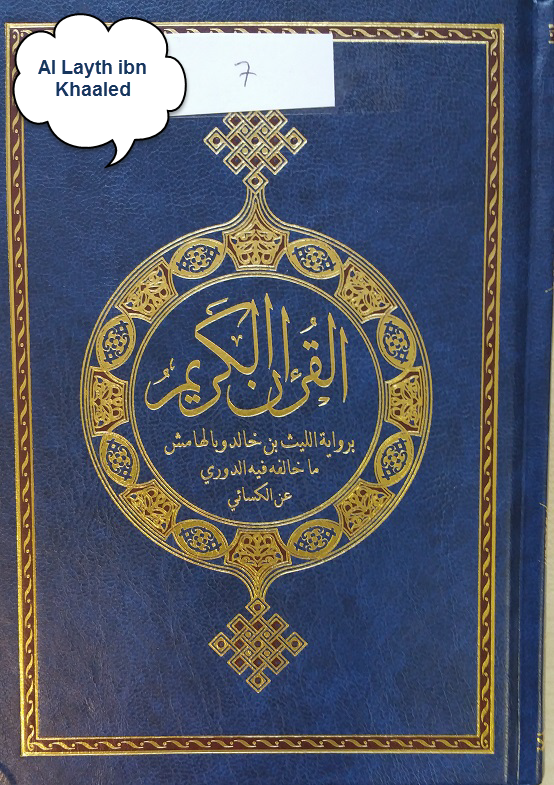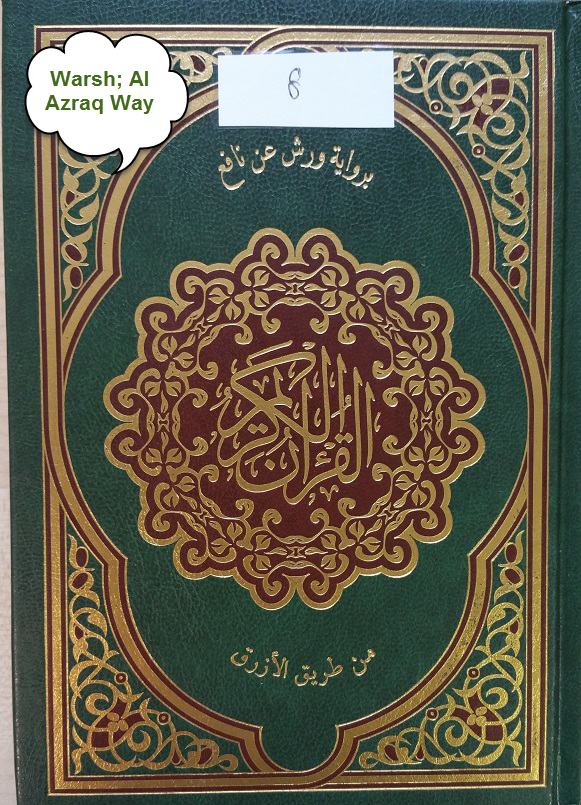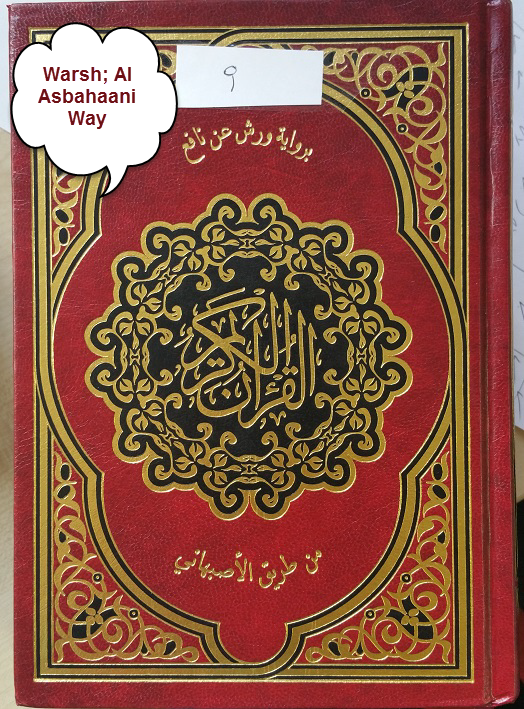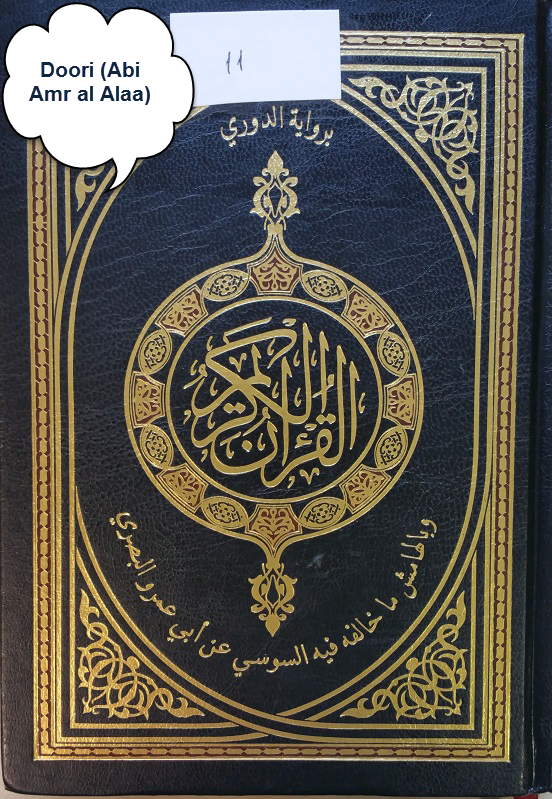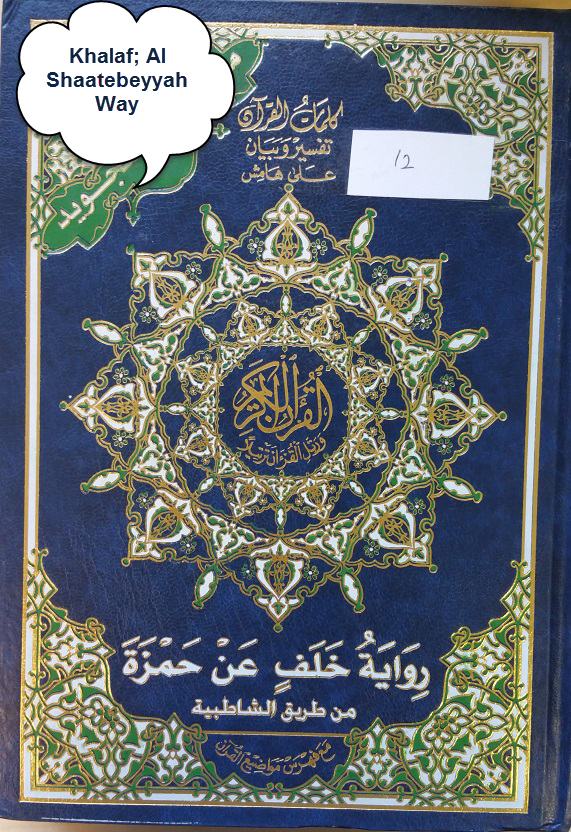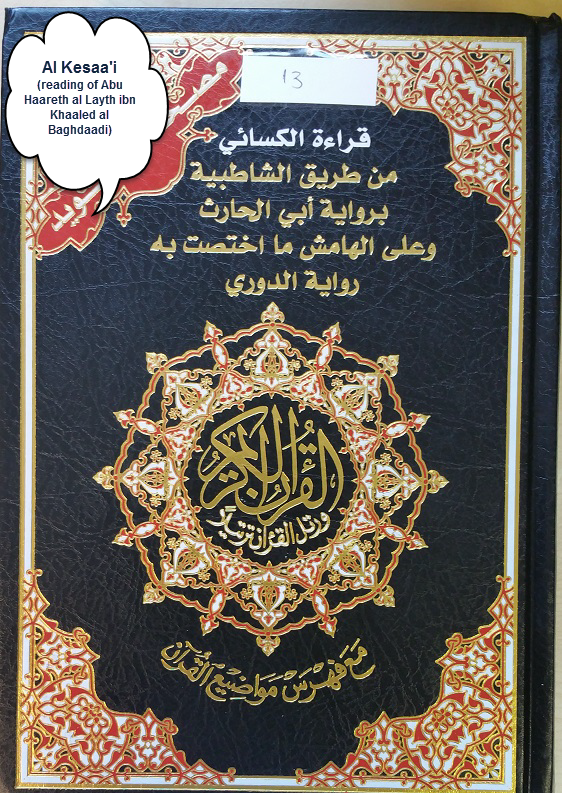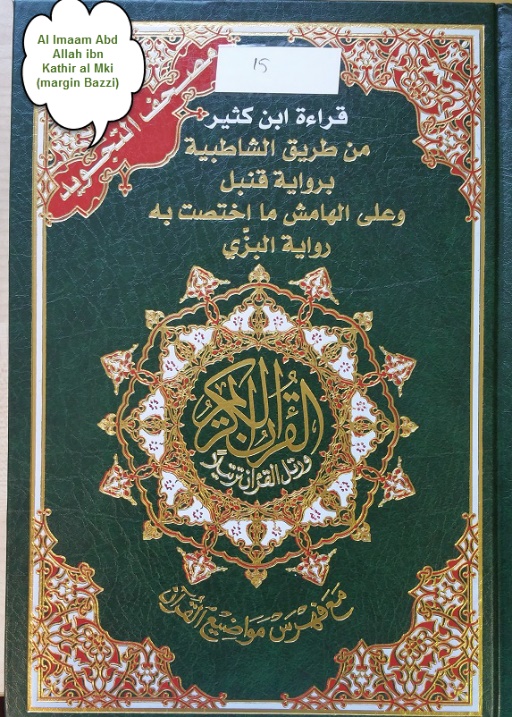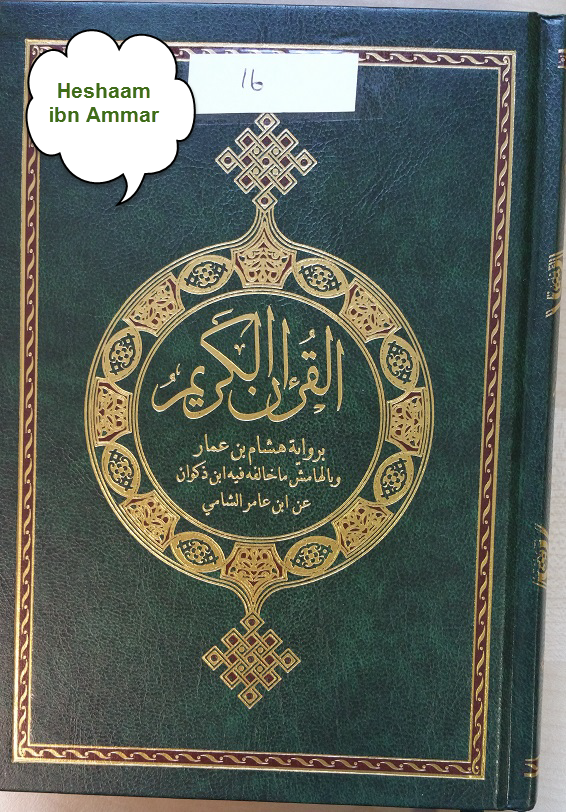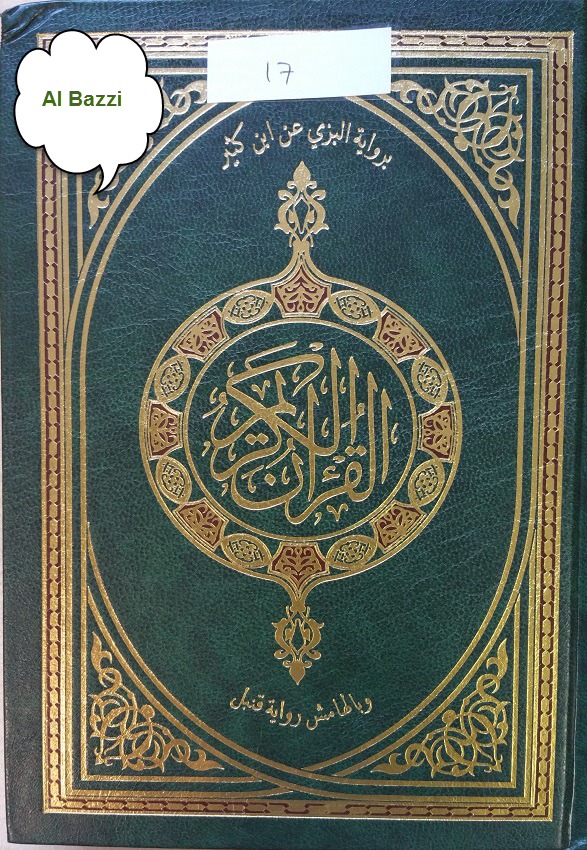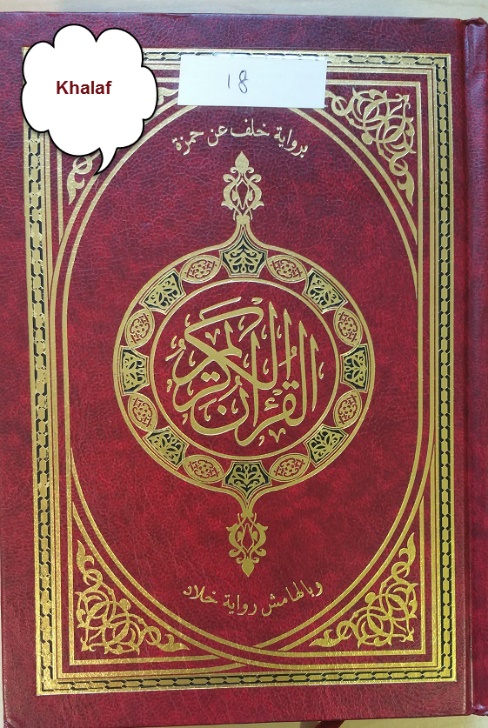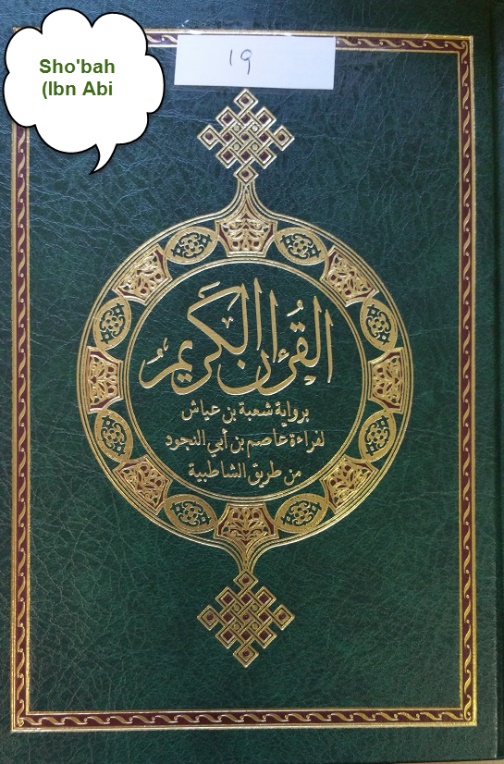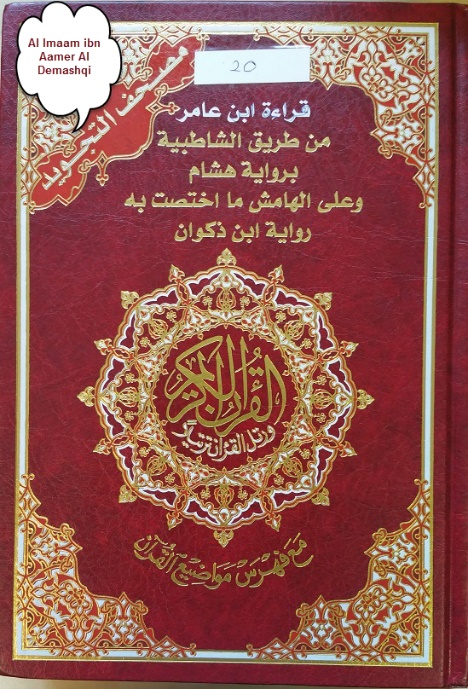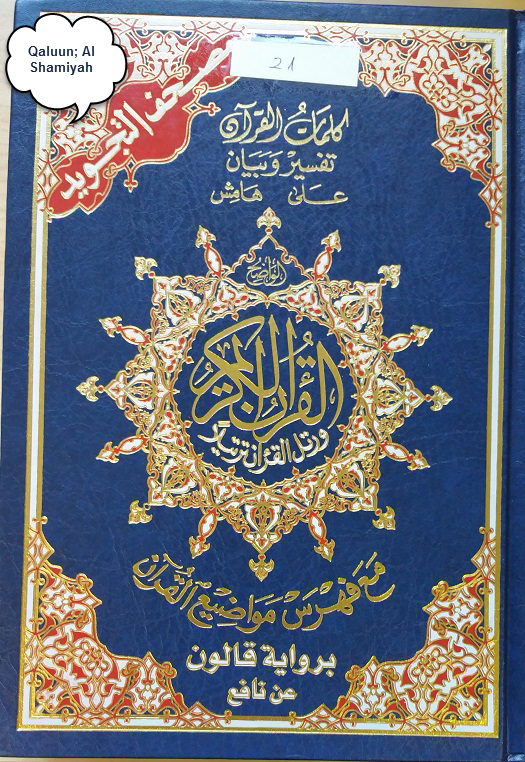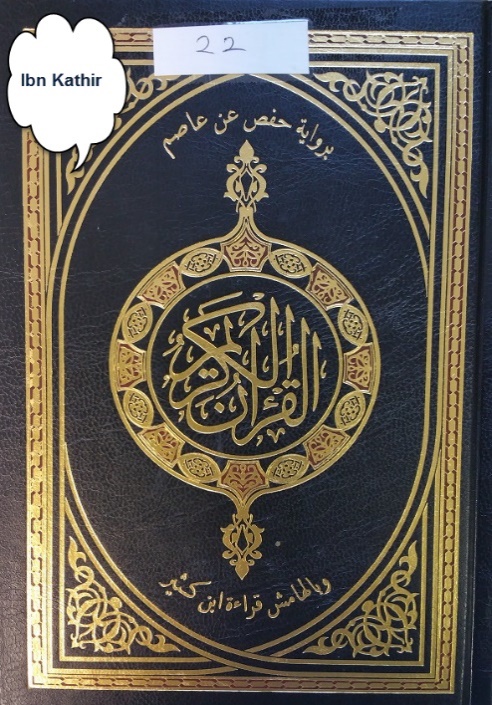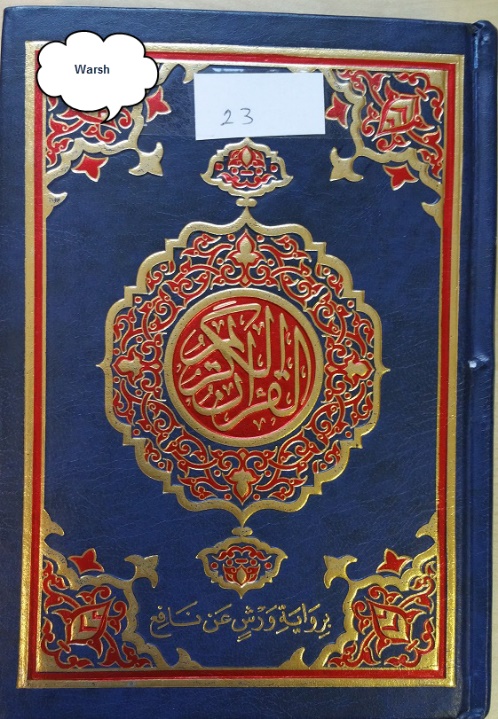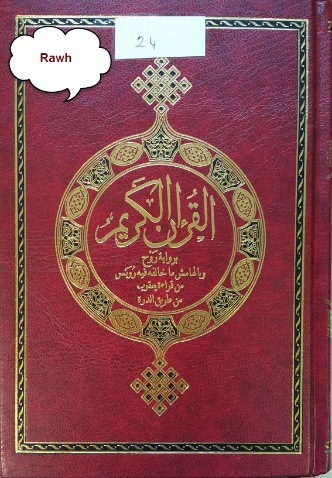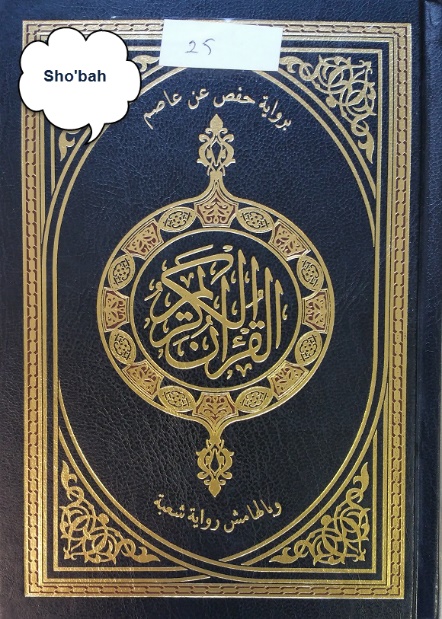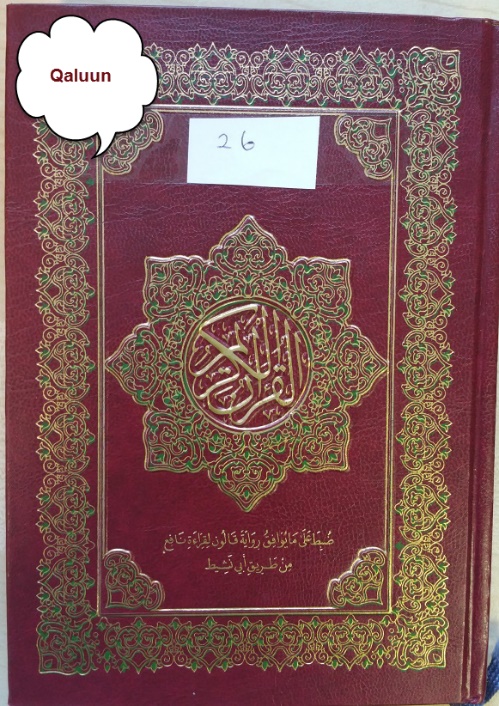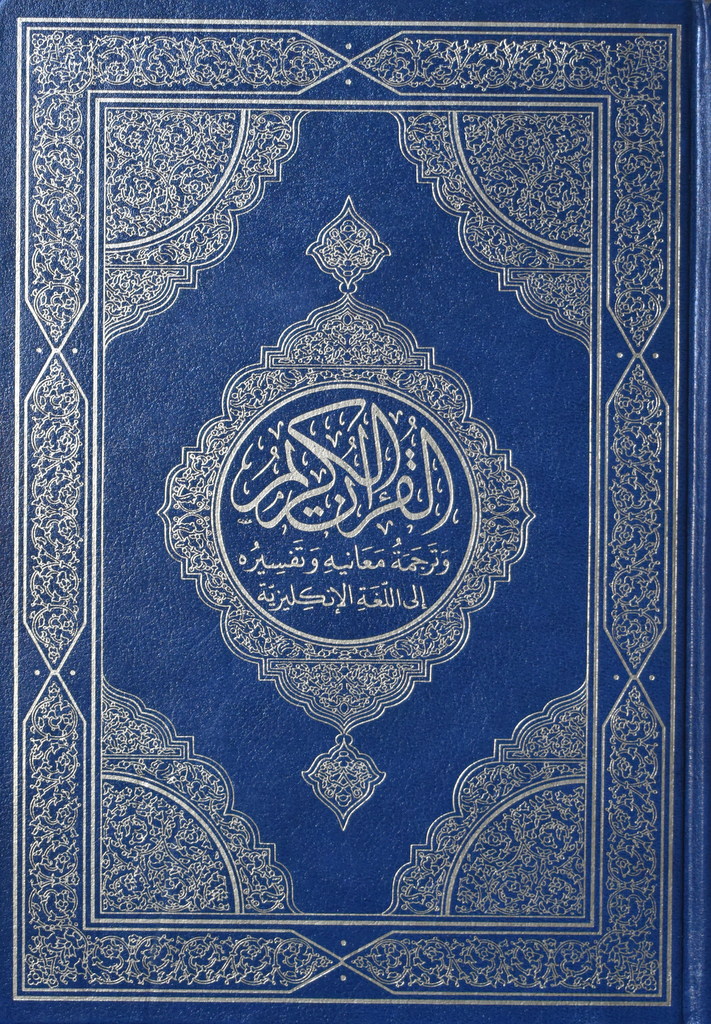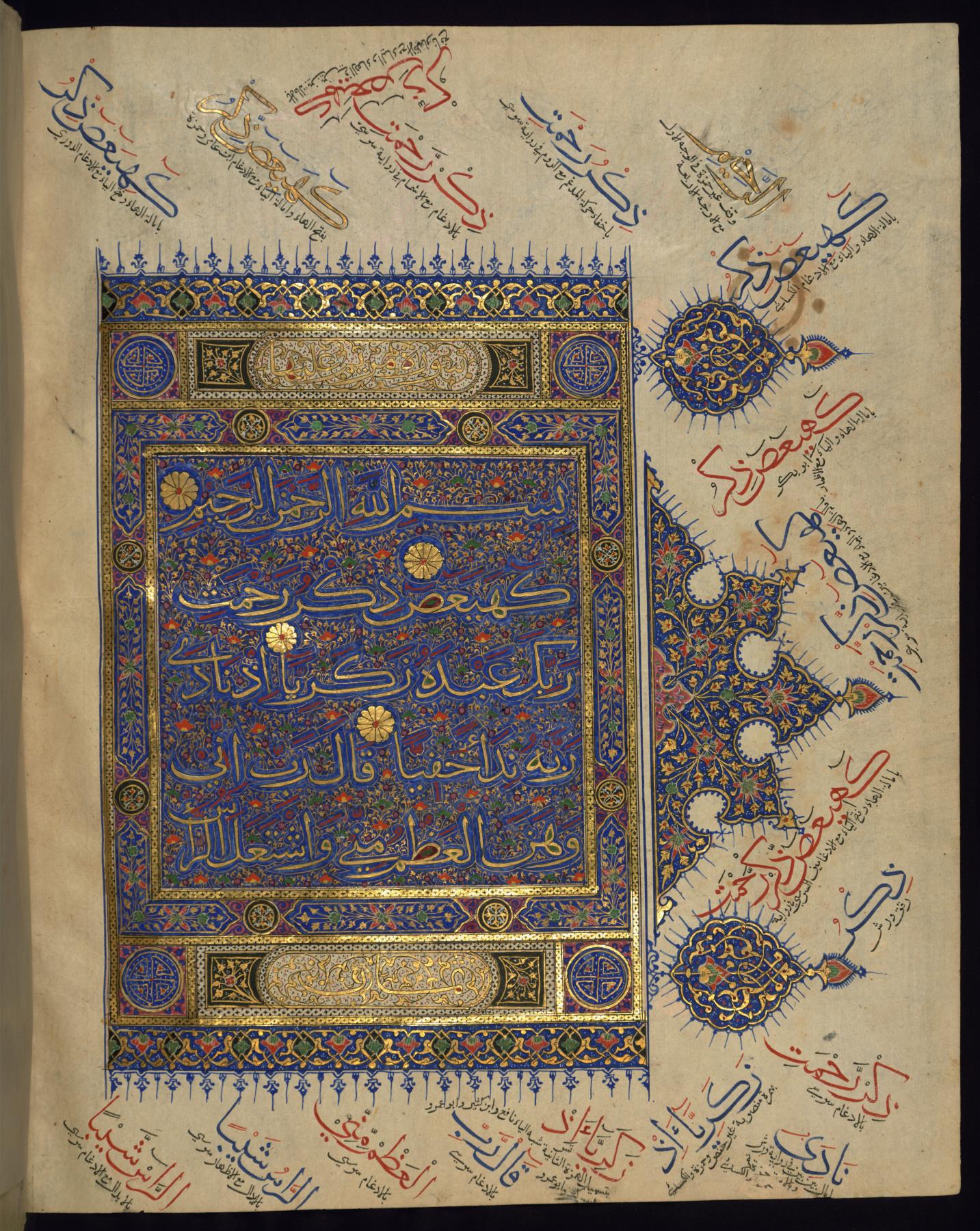
The Quran according to many Muslim scholars has been perfectly preserved and remains unchanged since the time of Muhammed. In the preface to a popular translation of the Quran into English by Yusuf Ali, the publisher states, “So well has it been preserved, both in memory and in writing, that the Arabic text we have today is identical to the text as it was revealed to the Prophet. Not even a single letter has yielded to corruption during the passage of the centuries.”1
Likewise, Maulvi Muhammad Ali an influential Pakistani theologian asserted that “As regards the authenticity of the Holy Qur’an, I need not detain the reader very long. From one end of the world to the other, from China, in the Far East to Morocco and Algeria in the Far West, from the scattered islands of the Pacific Ocean to the great desert of Africa, the Qur’an is one, and no copy differing in even a diacritical point is met with in the possession of one among the four hundred millions of Muslims. There are, and always have been, contending sects, but the same Qur’an is in the possession of one and all. Political dissensions and doctrinal differences grew up within a quarter of a century after the death of the Holy Prophet, but no one ever raised a voice against the purity of the text of the Holy Qur’an. A manuscript with the slightest variation in the text is unknown. ”.2
Modern scholars also claim the same thing. Dr. Shabir Ally an influential Canadian Scholar stated that “But what is important to notice is that throughout the ages of Muslim history, the Muslims have not quarrelled over what is the text of the Qur’an because the text was known through memory work and through the written materials handed down right from the time of the prophet Muhammad (peace and blessings of God be upon him). As I said, the two copies that were made 1,400 years ago, one which is in Tashkent, Russia, for example, has been demonstrated by Ahmad von Denffer in his book Ulum Al-Qur’an to be an early copy from that time, and we find no difference from that copy to what we’re reading today”3.
Mohammed Hicab, influential youtuber with a large following, following the discovery of the Birmingham Quran fragments4, asserted, "the Quran we believe is a preserve document, [it] was preserved speech, and frankly you know the Quran has been preserved we believe since the time of the Prophet till now, word for word, letter for letter, vowel sign for vowel sign."5
The issue Muslims face today however, is that there are many different Arabic Qurans in use around the world today. It has been noted that as many as 37 different Qurans exist today, between which there are many 1000s of differences. Below are 27 of these Qurans.
